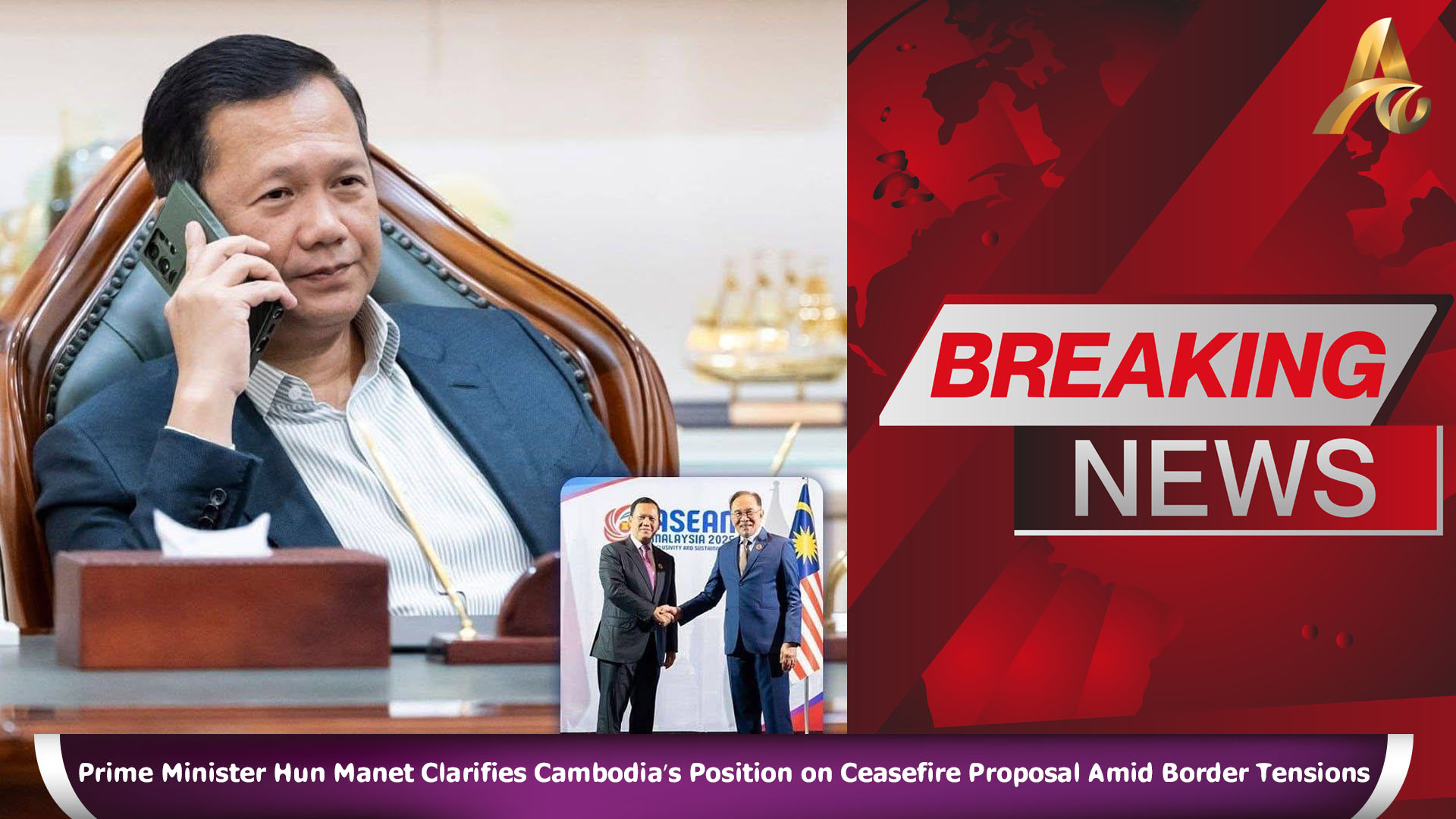Thailand Fully Endorses Malaysia"s Ceasefire Proposal, Paving Path for Peace Talks
BANGKOK, Thailand — In a significant diplomatic development, the Thai Foreign Ministry announced on Tuesday that Thailand has expressed full agreement in principle with Malaysia"s proposal for a ceasefire. This endorsement marks a crucial step towards potential peace negotiations concerning the ongoing conflict in southern Thailand, which has persisted for over a decade. The announcement comes as both nations seek to stabilize a region long plagued by violence and unrest.
The ceasefire proposal, currently under consideration, aims to address the tensions that have escalated in Thailand"s southern provinces, where insurgent groups have been engaged in a protracted struggle for autonomy. This conflict has not only resulted in substantial loss of life but has also hindered economic growth and stability in the region. Malaysia, which shares a border with Thailand and has historically played a mediating role, has been at the forefront of facilitating dialogue between the Thai government and various insurgent factions. As previously reported, the ongoing violence has drawn international attention, making this agreement a potentially pivotal moment in regional diplomacy.
In a statement, Thai Foreign Minister Don Pramudwinai emphasized the importance of cooperation with Malaysia, noting that “this agreement represents a unified approach to restoring peace and security in southern Thailand.” The Thai government’s willingness to engage with Malaysia’s proposal is seen as a strategic move to foster goodwill and create an environment conducive to dialogue. Analysts suggest that the endorsement could lead to renewed discussions with various insurgent groups, which have been reluctant to engage in peace talks without assurances of a cessation of hostilities. As the situation develops, the international community will be watching closely for signs of progress in the peace process.

Image for Thailand Fully Endorses Malaysia"s Ceasefire Proposal, Paving Path for Peace Talks
The endorsement of this ceasefire proposal also reflects broader trends in Southeast Asian diplomacy, where regional players are increasingly taking on roles as mediators in conflicts. This situation can be likened to recent developments in the Middle East, where neighboring countries have attempted to address escalating tensions through dialogue. Experts believe that Thailand"s agreement with Malaysia could set a precedent for similar collaborative efforts in the region, promoting stability and cooperation among Southeast Asian nations.
The implications of this agreement are profound. Should the ceasefire take effect, it could pave the way for humanitarian assistance to flow into the affected areas, where civilians have suffered greatly from the violence. Furthermore, a successful ceasefire could rejuvenate local economies that have been stunted by years of conflict, fostering an environment where development and investment can thrive. As the Thai government prepares to engage with various stakeholders, the focus will be on building trust and ensuring that any ceasefire is respected and maintained.
Looking ahead, the Thai government must navigate the complexities of its internal politics while maintaining its commitment to peace. The path to a lasting resolution will likely involve not only negotiations with insurgent groups but also addressing the underlying grievances that have fueled the conflict. The international community, including organizations such as ASEAN, may play a critical role in supporting these efforts. As Thailand and Malaysia move forward with this ceasefire proposal, the hope remains that peace will finally be restored to a region that has long been marked by strife.


![[Video] Heavy clashes and gunfire reported in Baghdad, Iraq](/_next/image?url=%2Fapi%2Fimage%2Fthumbnails%2Fthumbnail-1768342239932-848qsh-thumbnail.jpg&w=3840&q=75)




![[Video] Gunfire between Iraqi security forces and Sadr militias in Baghdad](/_next/image?url=%2Fapi%2Fimage%2Fthumbnails%2Fthumbnail-1768343508874-4redb-thumbnail.jpg&w=3840&q=75)
